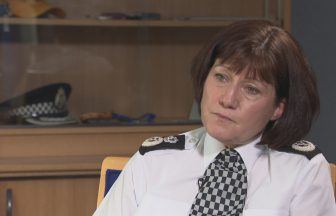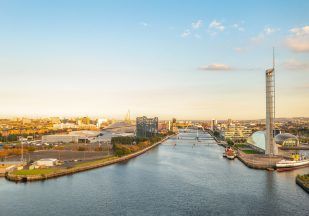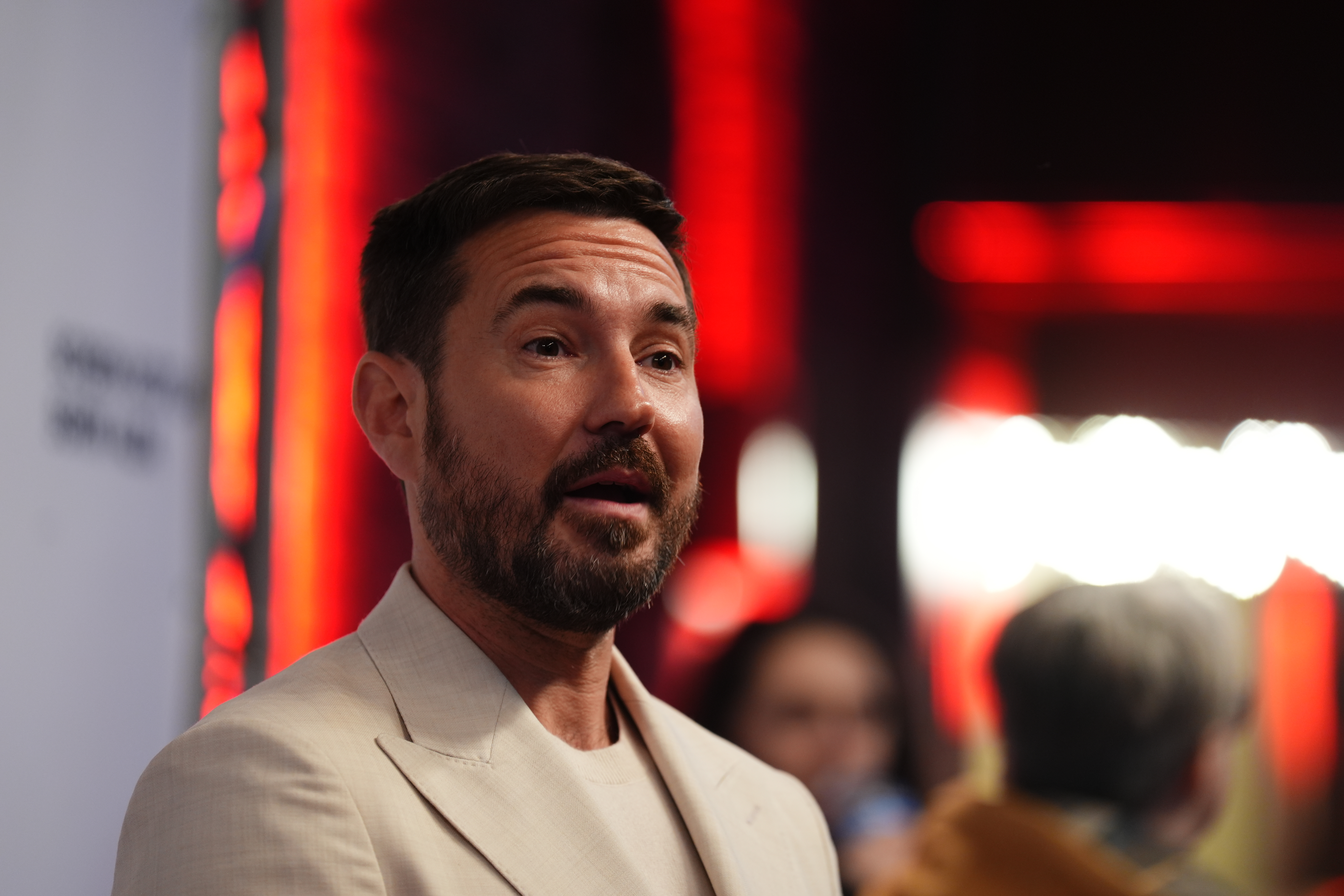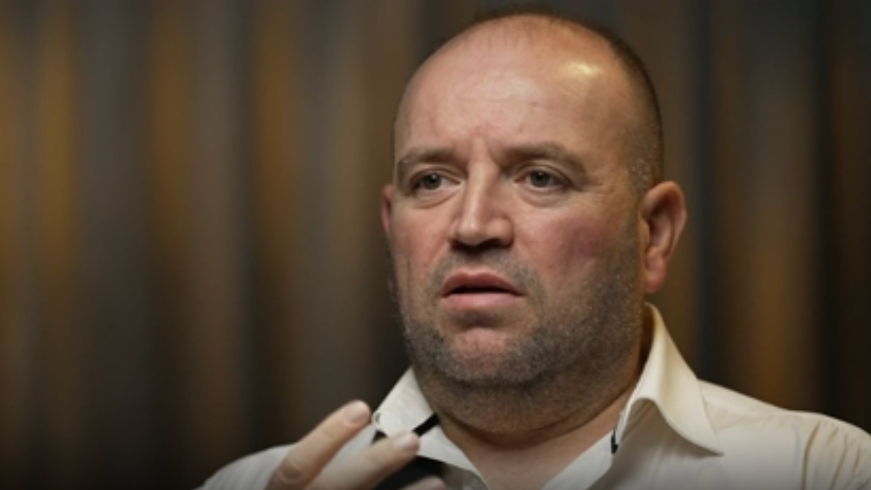The longest night of the year is set to bring a dazzling display to the skies on Friday, as the Ursids meteor shower is expected to take place.
The winter solstice occurs every December and marks the 24-hour period with the fewest daylight hours of the year.
In 2023, the shortest day will last on average seven hours 49 minutes and 42 seconds – eight hours and 49 minutes shorter than the summer solstice.
Scotland will see some of the shortest daylight hours with the likes of Glasgow getting just six hours and 57 minutes of daylight as the sun sets at 3.44pm.
While the shortest day of the year may not sound appealing to those who don’t enjoy the darker nights, it does mark the beginning of the days getting longer and nights shorter.
According to the Royal Museums Greenwich, since the Earth is tilted 23.4 degrees on its axis, the arc the Sun moves through during the day will rise and fall across the year as the Earth’s pole points either towards or away from the Sun.
“The winter solstice occurs at the minimum point for the Northern Hemisphere, when the Sun is lowest in the sky,” Royal Museums Greenwich say.
This year the winter solstice will occur on Friday, December 22, at 3.27am GMT.
This solstice may be even more exciting for some lucky stargazers who manage to catch a glimpse of the Ursid meteor shower.
Enthusiasts will have maximum hours of darkness for stargazing, however, they may still have their work cut out for them as the Ursids typically only produces around five meteors per hour at its peak.
Unfortunately, the shower’s maximum also occurs when the Moon is at waxing gibbous stage, so conditions won’t be favourable to see the shower.
Ursids meteors appear to radiate from near the star Beta Ursae Minoris (Kochab) in the constellation Ursa Minor.
However, the actual source of the shooting stars is a stream of debris left behind by comet 8P/Tuttle.

Insight Philip Petrie STV weather presenter
Well there’s no excuse now for anyone to say “aye, the nights are fair drawing in”.
It’s not been feeling that winter-like lately, with rain, drizzle, strong winds and above average temperatures – so it would be easy to forget that the winter solstice takes place tomorrow, signalling the shortest day of the year (or the longest night of the year).
There will be, on average, seven hours and 49 minutes of daylight on the winter solstice which, remarkably, is eight hours and 49 minutes less daylight than what we saw on the summer solstice. Sunset is expected around 3:44pm for the likes of Glasgow, 3:26pm for Aberdeen, and 2:57pm for Lerwick.
Follow STV News on WhatsApp
Scan the QR code on your mobile device for all the latest news from around the country


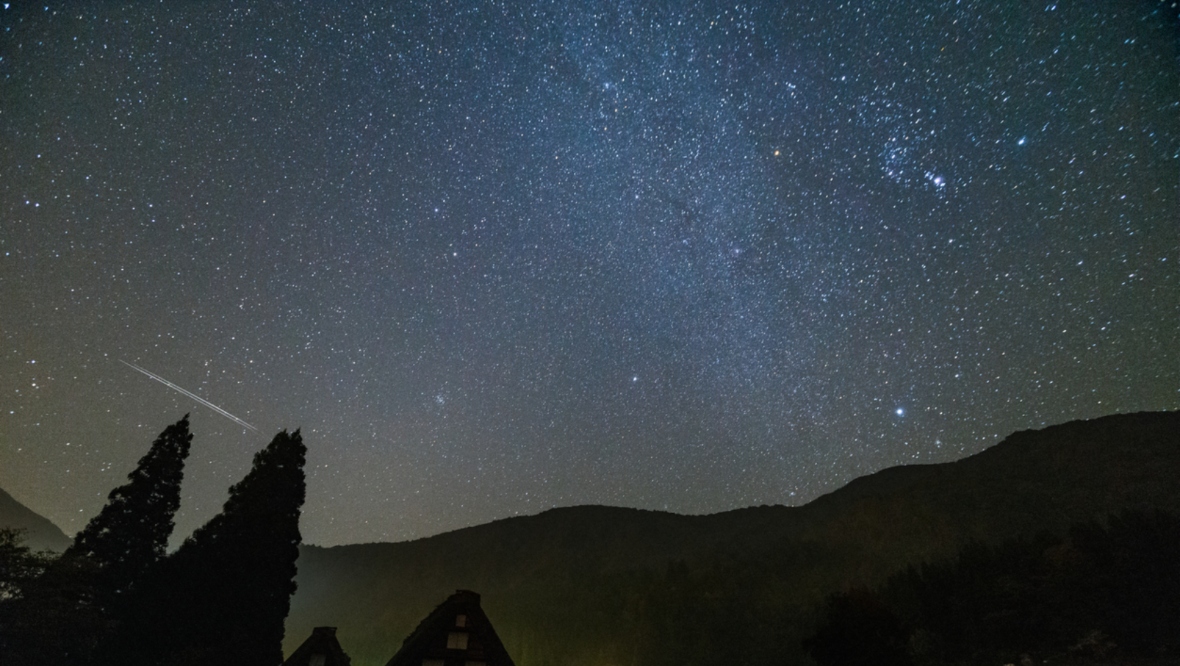 iStock
iStock







